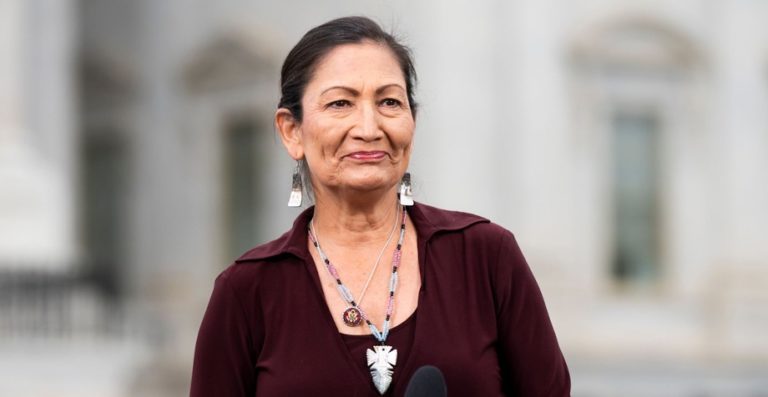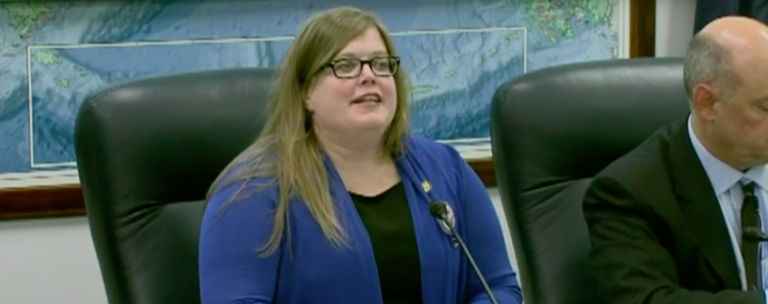If Ryan Zinke of Montana was a great Secretary of Interior for Alaska, Deb Haaland of New Mexico could be the worst for the state, where oil is the fuel that runs both the state and private sector economies.
Biden’s nominee for Interior has supported the Green New Deal since the beginning, as a backer of the movement to end fossil fuel extraction.
If confirmed, the congresswoman will be in charge of the Biden agenda to keep oil on federal lands in the ground.
“I just feel like our priorities are so messed up right now,” Haaland said in 2018. “We need to protect every single open space that we possibly can,” she told The Guardian newspaper. She evidently appreciated the story the newspaper did on her because she posted it on her official website.
Haaland wants fossil fuel development phased out completely on federal lands. Her home state, however, produces more oil from federal lands than Alaska does, and is the third poorest state in the nation, for income per capita. Her views on oil on public land would be tough on her own people.
Rep. Don Young, a Republican from Alaska, earlier this year praised Haaland as a “consensus builder” and said that at the Department of the Interior she “would pour her passion into the job every single day.” But the confirmation of her doesn’t take place in the House. That’s the job of the Senate, and right now, it’s unclear if the Democrats or Republicans will control the Senate — that decision is up to Georgia voters.
Sen. Lisa Murkowski of Alaska generally does not comment on nominees before she meets with them and often waits until they’ve gone before committees so she can listen to them.
Both she and Sen. Dan Sullivan will be put into a corner on Haaland’s nomination because, in the Senate, they’ll be on the record, and if she does pass confirmation, a vote against her from Alaska may turn Haagland sour on the 49th State.
“I am wholeheartedly against fracking and drilling on public lands,” she said in 2018. “Public lands are a statement about who we are as Americans The most pristine and beautiful places in our country should never belong to one person.”
Her views on public lands will be considered an attack on resource development for not only oil and gas, but for mining and timber in the West, where the majority of public lands are situated.
But nowhere in America will this nomination matter more than in Alaska, where the federal government owns 62 percent of the land.
You can read more about Haagland at her website at this link.








